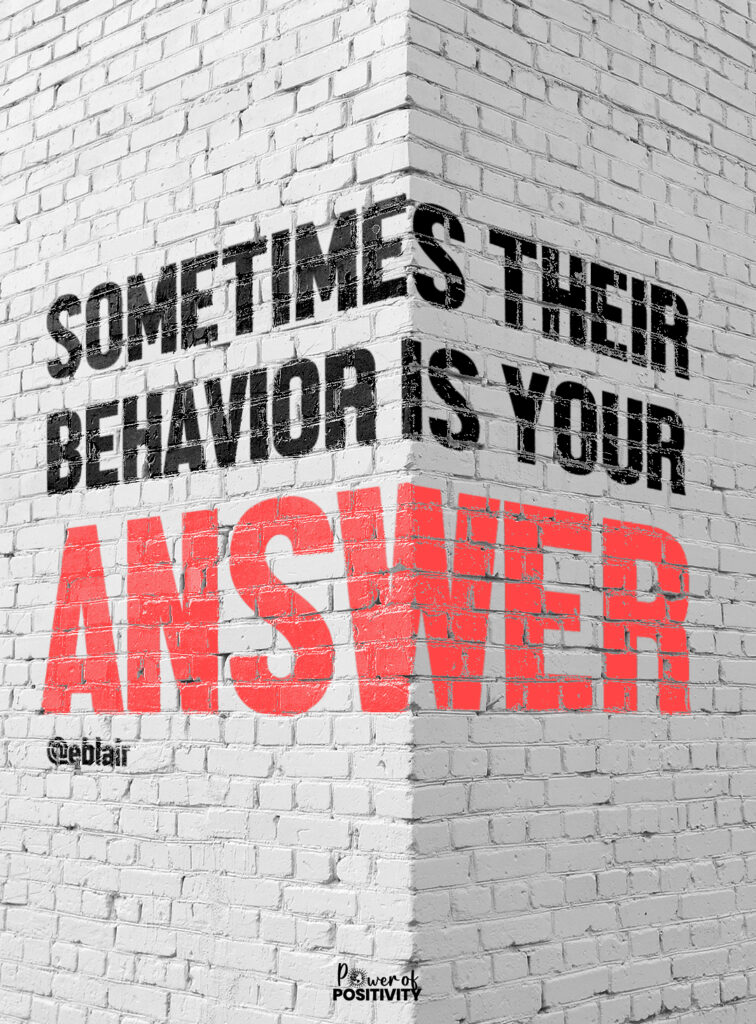You see them in every store—rows of bottles promising better sleep, stronger bones, or a sharper mind. From vitamins and powders to gummies and capsules, supplements are a part of daily life for millions. But do you really need supplements if you’re already eating well and feeling okay?
Many people assume more vitamins mean better health, but that’s not always the case. Some supplements help fill in real gaps. Others? They might not do much at all. It all depends on your body, your habits, and what science actually says—not just the label on the bottle.
Before adding another pill to your morning routine, it’s worth slowing down and asking: what’s really necessary? Here’s how to know when a supplement makes sense—and when your body may be just fine without it.
1. The Nutrition Foundation: Can Food Alone Be Enough?
Most of what your body needs can actually come straight from your plate. Fruits, veggies, grains, nuts, and proteins offer a mix of vitamins and minerals that work well together—something pills can’t always match.
Here’s why food still wins:
- Your body absorbs nutrients from real food more easily
- Many store-bought foods are already fortified (like cereal and plant-based milk)
- Pills can’t undo poor eating habits
You don’t always need supplements just because others take them. If your meals are balanced, your body is probably getting what it needs. But if your diet’s all over the place, you might be missing something. Still, food should always be the first choice—supplements can help, but they aren’t a backup plan for skipping meals or living off fast food.
2. Vitamin D – The “Sunshine Supplement”
Staying indoors, wearing sunscreen, or living in cloudy places can lower your vitamin D levels. This vitamin helps keep bones strong and supports your immune system.
Here’s what matters:
- Your body makes it from sunlight
- It’s found in fish like salmon and in fortified drinks like milk
- You may need a blood test to check your levels
People with darker skin, older adults, or those who don’t get outside much are more likely to run low. If that’s the case, taking a small supplement could help. But don’t guess—too much vitamin D can hurt your kidneys. So if you’re wondering whether you need supplements for this, check in with a doctor before picking one off the shelf.
3. Probiotics – Gut Gold or Overhyped?
Probiotics are everywhere now—yogurt, kombucha, pills, powders. They’re called “good bacteria” and are said to help with digestion and gut health. But are they worth it?
Here’s what you should know:
- They naturally come from fermented foods like yogurt, kimchi, and miso
- They may help after taking antibiotics or during stomach issues
- Not all probiotic supplements are the same—many don’t say what strains they include
Most healthy people don’t need supplements for gut health if they’re eating a variety of fiber-rich and fermented foods. Supplements might help in certain cases, but if you’re not sure, a doctor can help decide whether you’d actually benefit.
4. Multivitamins – One Pill to Rule Them All?
Multivitamins are one of the most common supplements people take. They’re easy, popular, and seem like a good way to cover all the bases. But that doesn’t mean they’re always needed.
Here’s what’s true:
- They don’t prevent heart disease, memory loss, or cancer
- Getting too much of certain vitamins (like A or E) can be harmful
- They might help if you have several deficiencies or a poor diet
For most people who eat regular, balanced meals, multivitamins aren’t doing much. They’re not a magic fix. Instead of relying on a pill, focus on building better food habits. If you think you might need supplements, talk to a doctor before you add a daily multivitamin to your routine.
5. Iron – Powerful but Not for Everyone
Iron is essential for energy and keeping your blood healthy. But that doesn’t mean everyone should take it.
Here’s when iron matters:
- Low iron is common in women with heavy periods, vegans, and pregnant people
- Too much iron can cause constipation, stomach pain, or even damage your liver
- A simple blood test can show if you really need it
Before reaching for an iron pill, make sure your levels are actually low. Supplements can help when you need them, but iron is one of those nutrients where guessing wrong can backfire. It’s one more reason not to take something just because you think you need supplements.
6. Omega-3 (Fish Oil) – Heart Helper or Placebo?
Fish oil is one of the most talked-about supplements—especially when it comes to heart health. But not everyone needs it.
Here’s what matters most:
- Omega-3s (EPA and DHA) are found in fatty fish like salmon and sardines
- They may help lower inflammation and support heart function
- Research is mixed—benefits are clearer in people with heart problems, not so much in healthy folks
It’s smarter to eat fish twice a week if you can. If not, your doctor might suggest a low-dose supplement. Just because something is trending doesn’t mean you need supplements for it. Ask what’s right for your body, not what’s popular online.
7. B12 – A Vegan Must-Have
Vitamin B12 plays a big role in keeping your nerves and blood healthy. It also helps your body make energy.
Here’s how it works:
- Only found in animal-based foods like meat, fish, eggs, and milk
- Vegans and some vegetarians may not get enough through food
- People over 50 may have trouble absorbing it, even if they eat meat
If you fit into one of those groups, this might be one of the few times you need supplements. B12 is usually safe and easy to take, but it’s still a good idea to get tested before starting.
8. Calcium – Not Always the Best Bone Plan
Most people think calcium equals strong bones—and while that’s true, there’s more to the story.
Here’s the breakdown:
- You can get calcium from dairy, tofu, leafy greens, and fortified foods
- Too much calcium from pills may raise your risk for kidney stones
- Bones also need exercise and vitamin D to stay strong
Unless your doctor tells you otherwise, food sources should be your first choice. Before assuming you need supplements for your bones, check how much calcium you’re actually eating every day.
9. Magnesium – The Underrated Mineral
Feeling tired, sore, or having trouble sleeping? Magnesium might be involved—but don’t rush to the store just yet.
Here’s what’s useful:
- It helps with energy, muscle function, and stress support
- You’ll find it in nuts, seeds, whole grains, and leafy greens
- A real deficiency is uncommon, but some people benefit from extra magnesium
If you’re dealing with cramps or migraines, a supplement might help. Still, talk to a healthcare provider first—they’ll tell you whether you need supplements or just more leafy greens in your meals.
10. Melatonin – For Sleep, Not a Long-Term Fix
Melatonin has become a go-to for people who have trouble falling asleep. It’s a hormone your body already makes on its own.
Here’s when it makes sense:
- Short-term use for jet lag or rotating work shifts
- Helpful during occasional sleepless nights
- Long-term use can mess with your natural sleep cycle
If you try it, start small—half a tablet might be enough. Don’t mix it with alcohol or anything that makes you sleepy. Melatonin can help now and then, but it’s not meant to be a forever solution.
11. Turmeric (Curcumin) – Trendy but Still Under Study
Turmeric has popped up in everything from teas to capsules, often linked to fighting inflammation. The active ingredient is curcumin.
Here’s what we know:
- It’s found in spice blends and golden drinks
- Some research shows possible benefits for joints and brain health
- Most studies are small or still ongoing
A little turmeric in cooking is totally fine. Supplements might help some people with certain health issues, but it’s not a sure thing. Right now, it’s more popular than proven.
12. Collagen – Skin Deep or Science-Backed?
Collagen claims to help with smoother skin and joint health—but is it real or just hype?
Here’s what to keep in mind:
- Your body breaks down collagen when you eat it
- Some small studies show it may improve skin or joint comfort
- Protein-rich foods, zinc, and vitamin C help your body make its own collagen
You can try a supplement, but don’t expect magic. Good nutrition matters just as much—if not more.
13. CoQ10 – Energy Booster or Just Expensive?
CoQ10 helps your cells make energy, and levels may drop with age or certain medications.
Here’s when it matters:
- Sometimes used by people on statins or with heart conditions
- Can also help with migraines in some cases
- Not a quick fix for low energy if you’re healthy
If your doctor thinks it’s worth trying, it’s safe for most. But don’t count on it to replace sleep or food.
14. Fiber Supplements – Shortcut or Support?
Fiber keeps your digestion regular and supports heart health. Yet many people still don’t get enough.
Try this first:
- Eat more beans, fruits, vegetables, and whole grains
- Supplements can help, especially if your diet’s lacking
- Start with a small dose and drink lots of water to avoid gas
Fiber powders are easy to use, but they’re not a pass to skip healthy food. Food-first is the goal—supplements are just a helper when needed.
15. What Science Says About “Super Supplements”
Ashwagandha, elderberry, mushroom blends—you’ve probably seen these all over your feed or in wellness stores. They’re often called “super supplements,” but the truth is, the science behind many of them is still pretty early.
Here’s what to think about before buying:
- Most don’t have strong human studies backing them
- The benefits are often small—or might just be placebo
- Marketing tends to make them sound better than they really are
- They’re usually expensive, and not always worth it
Just because something sounds “natural” doesn’t mean you need supplements like these. Ask what it’s doing for you—and whether it’s backed by real research or just good advertising.
16. The Risk Factor: Side Effects and Interactions
Supplements may look harmless, but they can affect your medications or cause other problems if you’re not careful. Even herbal ones.
Here’s why you should pay attention:
- Some interact with common meds like blood thinners or thyroid pills
- Too much of one vitamin can lead to side effects
- Some products aren’t well tested or could be contaminated
- Look for brands that are third-party tested and talk to your doctor
Just because it’s sold over the counter doesn’t mean it’s always safe. If you need supplements, make sure you’re taking the right ones—and only what you actually need.
Conclusion – When to Say Yes (And When to Skip)
Supplements aren’t good or bad—they just need to be used the right way. Some people truly benefit from them, while others don’t need them at all. The smartest place to start is your daily food. That’s where your body gets what it needs most naturally. If something is missing, then supplements might be helpful—but only for what’s lacking.
Decisions should come from facts, not flashy ads or trends. If you’re unsure, talk to someone who can guide you based on your health. Sometimes, the real answer to “Do you need supplements?” is simply no. Other times, it’s yes—with care, not guesswork.















